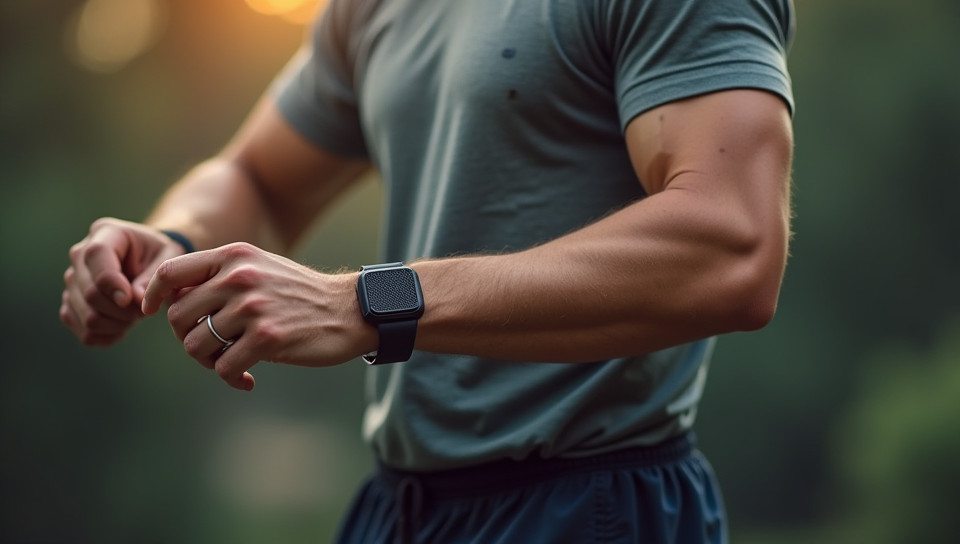Overreliance on fitness trackers can lead to obsessive behavior 64%

The Dark Side of Fitness Tracking: How Overreliance Can Lead to Obsessive Behavior
In recent years, fitness trackers have become an essential accessory for many of us who are eager to monitor our daily activity levels and stay on top of our physical health. With the rise of wearable technology, it's easier than ever to track every step we take, calorie we burn, and heartbeat we beat. But while these devices can be incredibly useful tools in promoting a healthy lifestyle, there's a growing concern that overreliance on fitness trackers can lead to obsessive behavior.
The Psychology of Fitness Tracking
When we wear a fitness tracker, we're not just tracking our physical activity – we're also tracking our self-worth. Many of us use these devices as a way to measure our success and failure, often comparing our progress to that of others on social media or in real-life conversations. This constant monitoring can create a sense of anxiety and stress, particularly if we're not meeting our expected standards.
The Risks of Obsessive Behavior
So what happens when fitness tracking becomes an obsession? Here are some potential risks:
- Tracking every single step, no matter how small the increment
- Comparing ourselves to others on social media or in real-life conversations
- Feeling anxious or stressed if we don't meet our expected standards
- Becoming fixated on specific numbers or metrics, such as heart rate or calorie burn
- Neglecting other aspects of our lives, such as relationships and work responsibilities
Breaking Free from the Obsession
So how can we avoid falling into the trap of obsessive fitness tracking? Here are a few strategies to consider:
- Set realistic goals: Instead of setting unachievable targets, focus on making small, incremental changes to your daily routine.
- Focus on overall health: Remember that fitness trackers measure just one aspect of our health – physical activity. Don't forget about the importance of nutrition, sleep, and mental well-being.
- Take breaks from tracking: Give yourself permission to take a break from monitoring your progress and focus on other aspects of life.
Conclusion
While fitness trackers can be incredibly useful tools in promoting a healthy lifestyle, it's essential to use them responsibly and avoid falling into the trap of obsessive behavior. By being aware of our motivations and setting realistic goals, we can harness the benefits of fitness tracking while maintaining a balanced and healthy approach to physical activity.
- Created by: Noah Weber
- Created at: Aug. 13, 2024, 10:48 p.m.
- ID: 7035


